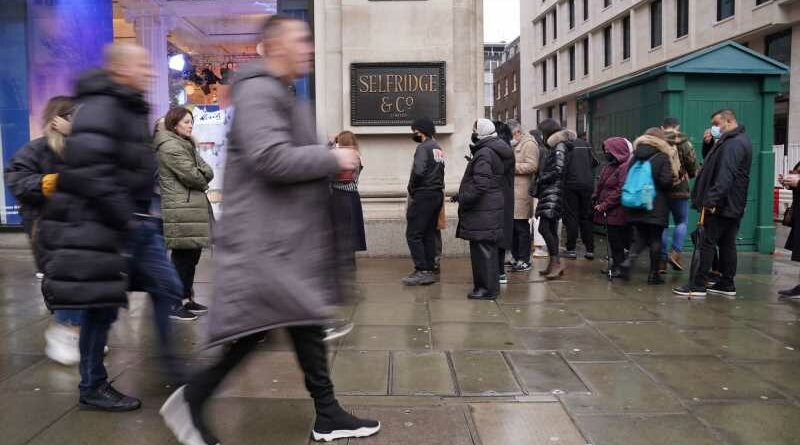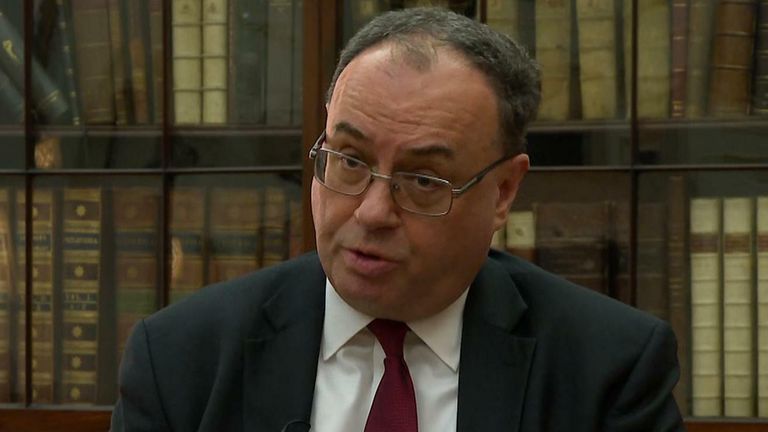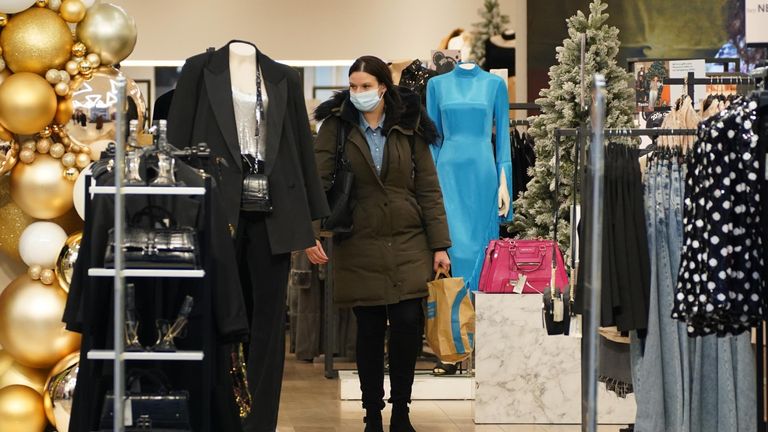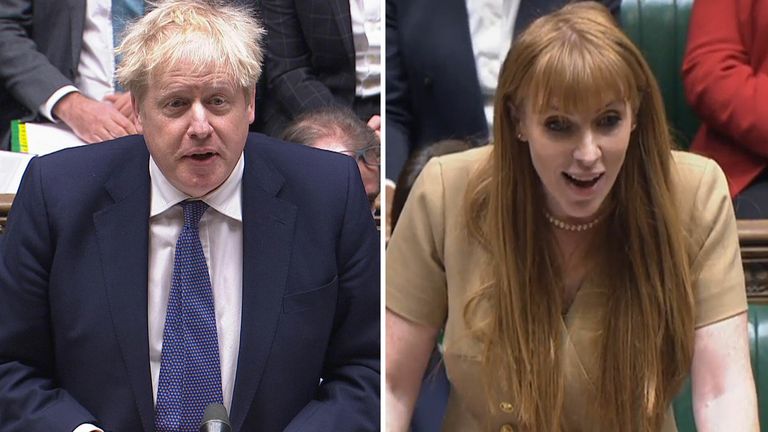Businesses warn of ‘unprecedented’ cost pressures as inflation fears grow
A business group has warned of the impact of an “unprecedented” surge in inflation on its membership, but said firms are wary of another rise in interest rates for fear it would knock the ongoing COVID recovery.
The British Chambers of Commerce (BCC) said there was already strong evidence of an economic slowdown in the final quarter of 2021 before the Bank of England raised interest rates in December to combat rising inflation expectations.
The cost of borrowing was adjusted from its COVID crisis low of 0.1% to 0.25%, despite the elephant in the room, energy costs, being outside the Bank’s control.
Then, policymakers also raised their inflation forecast, warning it was set to hit 6% this year, led by a steep increase in energy bills after wholesale gas costs rose at unprecedented rates in the latter half of 2021.
Unless government talks with energy suppliers produce a plan to ease in the increase, the industry has warned households and businesses face record hikes to their bills.
Energy UK has estimated that domestic customers would endure a 56% increase from April, when the price cap – currently holding bills back – is next adjusted.
Businesses are already getting to grips with sharp increases on top of a slew of other hikes in costs, from raw materials to wages.
The survey showed one in four of the 5,500 firms questioned were worried about rising interest rates. And a record proportion of three in five expected their prices to increase in the next three months.
Supply chain disruption also remained a continuing theme across many sectors.
BCC head of economics, Suren Thiru, said: “Our latest survey suggests that the UK’s economic recovery slowed in the final quarter of 2021 as mounting headwinds increasingly limited the key indicators of activity.
“The persistent weakness in cash flow is troubling because it leaves businesses more exposed to the economic impact of Omicron, rising inflation and potential further restrictions.
“Rising raw material costs, higher energy prices and the reversal of the VAT reduction for hospitality are likely to push inflation above 6% by April.
“The notable uptick in concerns over higher interest rates underscores the need for the Bank of England to proceed with caution on further rate rises to avoid undermining confidence and an already fragile recovery.”
Shevaun Haviland, the organisation’s director general, added: “With companies now having to grapple with the impact of Omicron and further changes to the rules on imports and exports of goods to the EU, there are significant hurdles for businesses in the months ahead.”
The BCC’s survey was released hours after the inflation issue dominated PMQs in the House of Commons.
Boris Johnson told MPs it was “unquestionably going to be a difficult period” after Labour deputy leader Angela Rayner – standing in for COVID-hit Sir Keir Starmer – accused the government of a lack of action.
“Prices for everyday goods are soaring out of control, hard-earned savings will be hit and the wages of working people won’t go as far,” she argued.
Ms Rayner said “serious solutions” were needed to stop people “falling into poverty or debt” as a result of inflation.
Mr Johnson also denied that he’d ever described inflation fears as “unfounded” – despite Sky News having him saying just that on camera.
Source: Read Full Article





